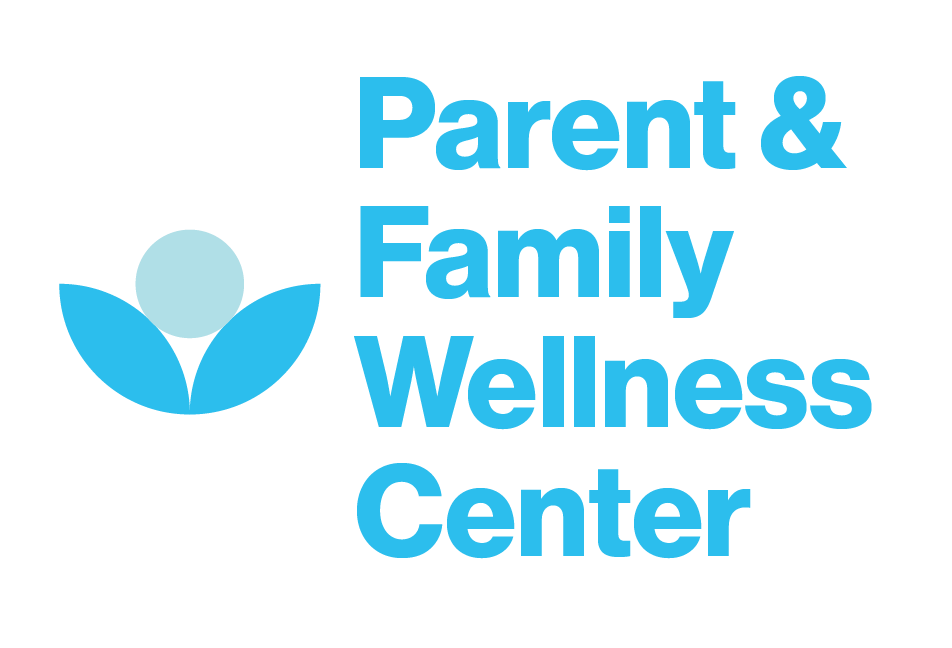For Couples
The urgent desire for comfort and support in adversity is not regarded as childish. Instead, the capacity to make emotional bonds with other individuals, sometimes in the care-seeking role and sometimes in the caregiving one, is regarded as a principal feature of effective functioning and mental health.” –John Bowlby, psychologist and developer of Attachment Theory
Growing a family can lead to upheaval in many important relationships, and at PFWC we seek to support people in their efforts to find balance, connection, and harmony through their major life transitions. According to research conducted in 2011, 67% of couples expressed decreased satisfaction in their relationships to their partners following the birth of a child. According to some experts, post-child discontent is so common many people think it's inevitable and acceptable. The clinical team at PFWC knows that with appropriate assistance and support, intimate relationships can thrive even in the face of stress.
Relationships are at the core of the human experience. PFWC therapists understand that quality of life is determined by the health of our relationships and that we all are wired for connection. Attachment bonds allow couples and families to remain committed and emotionally attuned to each other. When attachment is disrupted for any number of reasons, difficulties in relationships emerge and couples and families get stuck. We are here to help you identify the cycles that keep you stuck and promote new opportunities, in therapy, for connection and closeness.
In our work with couples and other relationships, we rely on attachment science and therapeutic modalities that are well-supported by research. The modalities we use include:
Emotionally Focused Therapy EFT is a focused, strengths-based, short-term psychotherapy that aims to reduce distress and create sustainable and secure attachment bonds. Studies show that couples utilizing EFT recover from relationship distress in 70-75% of cases, with 90% reporting significant improvement. Through this process of couple or family therapy, you are supported in moving from the “head” and into the “heart” and body sensations. EFT directs us away from content dead-ends and toward the deeper feelings, emotions and needs that we all experience. By tuning into emotions, we can understand your needs and help you re-organize your emotional responses, ultimately initiating new cycles of interaction and securing relationship bonds.
Imago Relationship Therapy IRT was created by Dr. Harville Hendrix, and is predicated on the understanding that there is often a connection between the frustrations experienced in adult relationships and early childhood experiences. Many “core issues,” tend to arise again and again within partnerships, which can overshadow the healthier aspects of the relationship and leaves people to wonder if they have chosen the right partner. IRT increases clarity in communication, brings into conscious awareness the earlier experiences that are negatively impacting the relationship, and enhances empathy for one another, allowing for a simultaneous healing of the individuals and the relationship.
Gottman Method The Gottman method was created out of many years of longitudinal research regarding partnership. This method is based on the idea that couples who are struggling must strengthen their friendship, learn to manage conflict, and create ways to support each other’s hopes for the future. Drs. John and Julie Gottman have shown how couples can accomplish this by paying attention to what they call the Sound Relationship House, or the nine components of healthy relationships. This structured approach to couples counseling seeks to: help couples increase respect, affection, and closeness; break through and resolve conflict when they feel stuck; generate greater understanding between partner, and keep conflict discussions calm.
We work with all types of couples and relationships at any stage and for myriad reasons. However, we are uniquely attentive to the special relationship stressors and vulnerabilities of the perinatal period, fertility challenges, and in any family-building context inclusive of adoption and third party reproduction.
More Information:
The International Center for Excellence in Emotionally Focused Therapy
Hold Me Tight by Susan Johnson
Love Sense by Susan Johnson
And Baby Makes Three by John Gottman & Julie Schwartz Gottman

